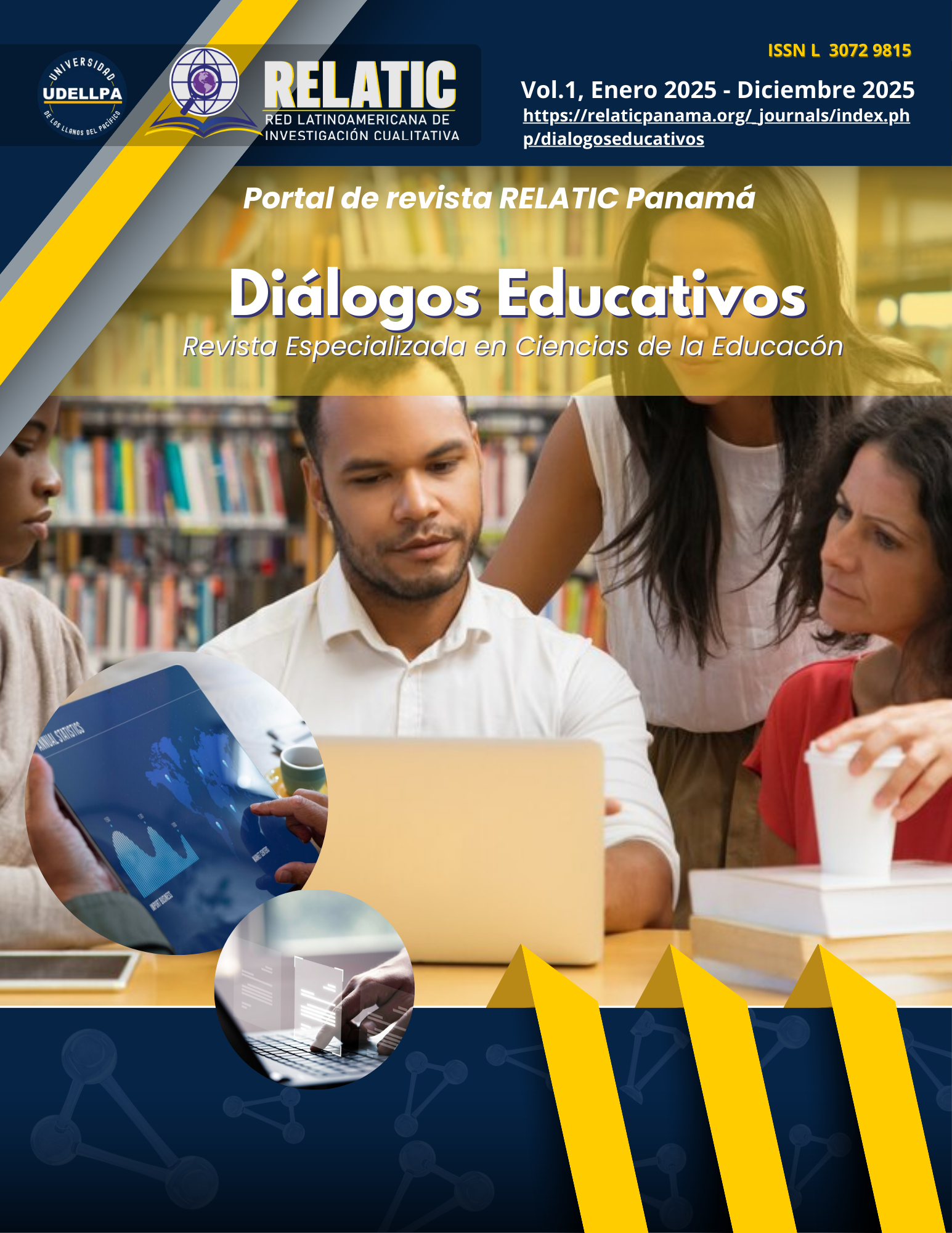Educational trajectories of students with low academic performance in basic secondary education
Main Article Content
Abstract
This article reflects on the educational trajectories evidenced by students with low academic performance, corresponding to the basic secondary courses of the Carlos Holguín Mallarino educational institution, whose purpose was to understand, from the journey of students through their years of study, the family, school, social and cultural problems linked to their environment, providing a vision of the existing relationship between both categories of analysis: educational trajectories and low academic performance. To this end, methodologically, the socio-critical paradigm is linked, arising from the guidelines as a theoretical epistemological perspective, added to the qualitative approach, where the subjects, the object of analysis, are involved in reflection, to raise awareness of the reality derived from a reconstruction of their learning mechanisms. After carrying out fieldwork using the semi-structured interview technique applied to 16 students and the focus group to 10 teachers of grades 60, 70, 80 and 90, among the main findings, they show that the response to low academic performance is framed in the multiple interactions that are generated between the convergence of family, school, social and cultural contexts where violence, conflict and contention prevail, leading to other problems related to household dysfunction, school dropouts, lack of motivation, lack of innovation in teaching methodology, among other aspects
Downloads
Article Details
Section

This work is licensed under a Creative Commons Attribution-NonCommercial-ShareAlike 4.0 International License.


